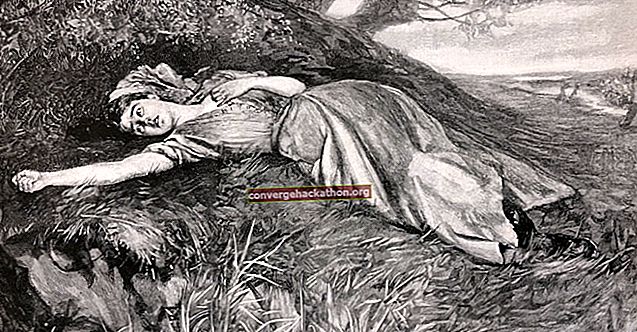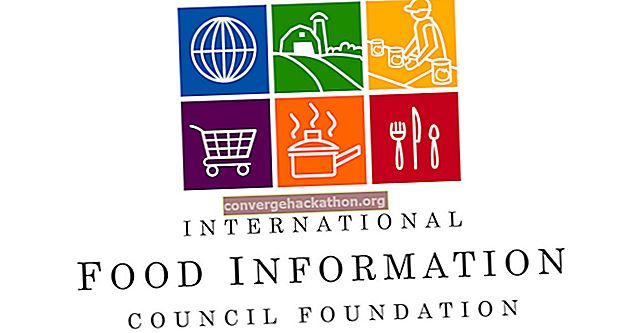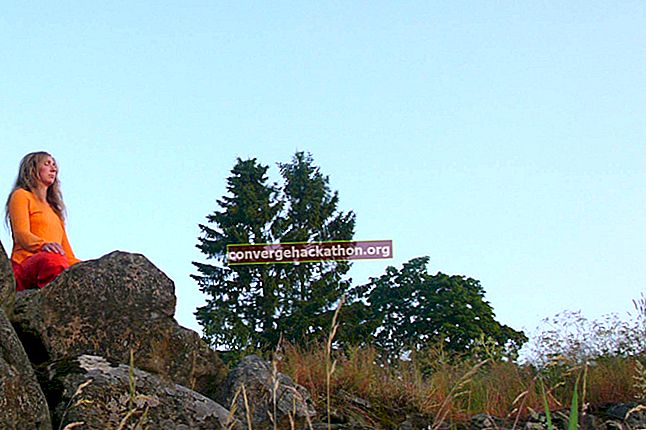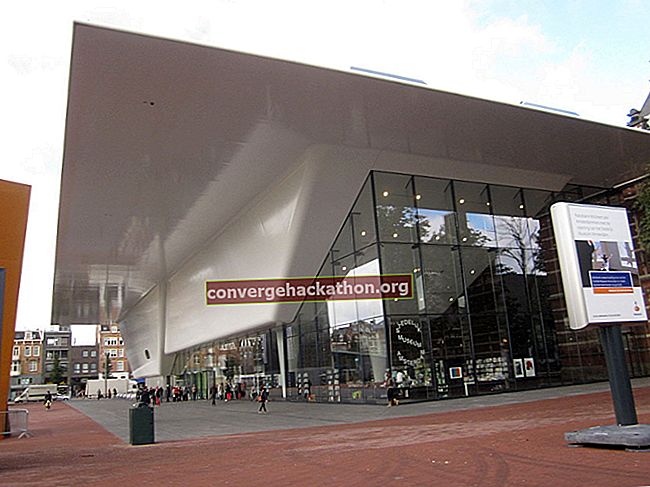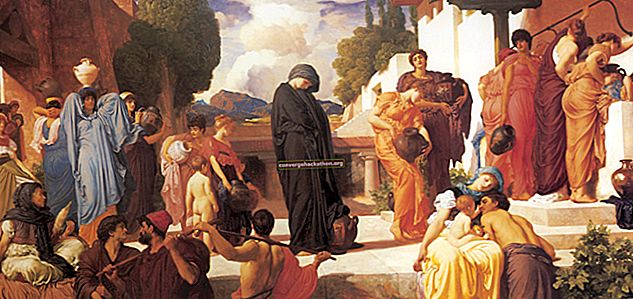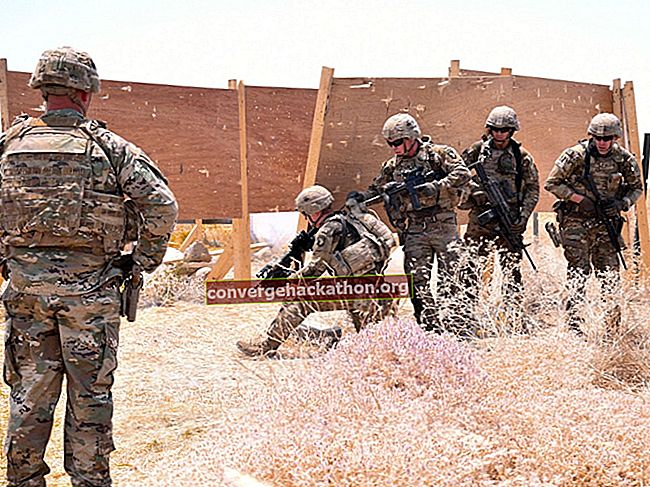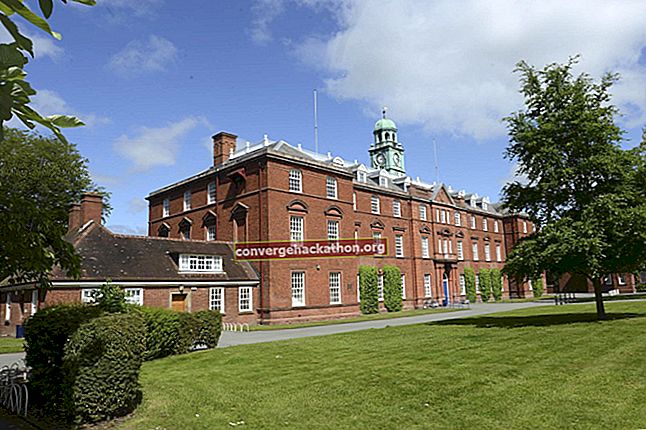Théâtre-Libre, (French: Free Theatre), independent, private theatre founded in Paris in 1887 by André Antoine, which became the proving ground for the new naturalistic drama. Antoine, an amateur actor, was influenced by the naturalistic novels of Émile Zola and by the theatrical realism of the Meiningen Company. Antoine believed that environment shaped character and behaviour, and he sought to create settings that would faithfully reflect every aspect of real life.
 Quiz World Organizations: Fact or Fiction? The North Atlantic Treaty Organization is limited to European countries.
Quiz World Organizations: Fact or Fiction? The North Atlantic Treaty Organization is limited to European countries. The Théâtre-Libre was instrumental in introducing into France the works of such foreign dramatists as Henrik Ibsen (Ghosts), Leo Tolstoy, August Strindberg (Miss Julie), B.M. Bjørnson, and Gerhart Hauptmann (The Weavers), as well as in bringing to the attention of Parisian audiences such French playwrights as Eugène Brieux and Georges de Porto-Riche.
Although the Théâtre-Libre failed financially, it produced more than 100 plays, by some 50 playwrights, and it established a model of realistic theatre that had a profound influence upon independent theatres throughout Europe. In 1894 Antoine, in severe financial debt, relinquished the Théâtre-Libre to another director, who ran it until 1896.
